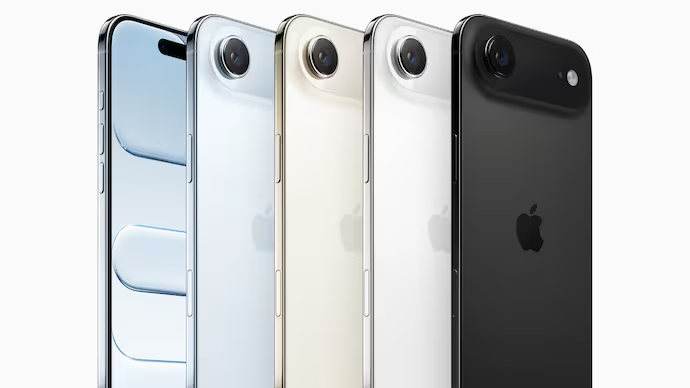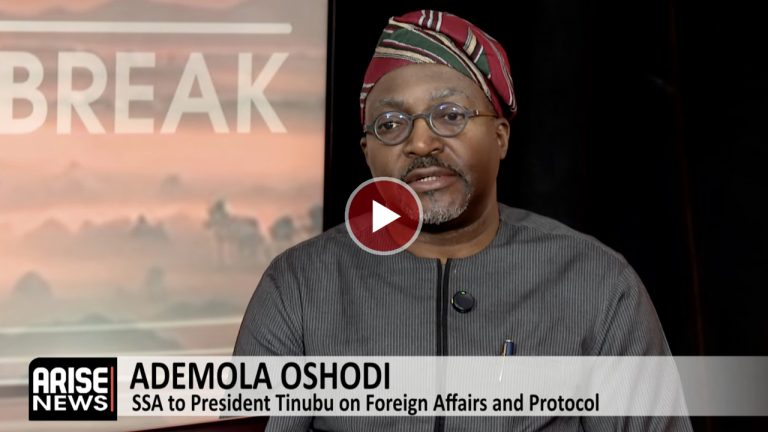
Apple has unveiled its much-anticipated iPhone 17 lineup, headlined by the iPhone 17 Air, the company’s thinnest smartphone ever.
The launch comes as the tech giant faces mounting scrutiny over its place in the generative AI race, ongoing trade tensions, and investor skepticism.
The event, streamed from Apple’s Cupertino headquarters, marked a pivotal moment for the company as it works to rekindle demand in a slowing smartphone market.
The iPhone 17 Air, priced at $999, is just 5.6mm thick (under a quarter-inch) and powered by the new A19 Pro processor, Apple’s most advanced chip to date. CEO Tim Cook hailed the device as “a total game changer,” touting its sleek design, all-day battery life, and up to 40 hours of video playback.
The Air joins the broader iPhone 17 family, which includes the flagship iPhone 17 Pro, Apple’s most premium and performance-focused model.
While all new models integrate Apple’s “Apple Intelligence” suite, Apple stopped short of unveiling sweeping new AI capabilities. Instead, the company focused on device-level integration — betting its custom silicon and hardware-software synergy will keep it competitive in the long run.
“Apple is sidestepping the core of the AI arms race, instead positioning itself as a hardware innovator in the AI era,” noted Emarketer analyst Gadjo Sevilla.
Apple has faced criticism for its slow AI rollout, with Siri — its most visible AI tool — still lagging behind competitors despite years of updates. Reports suggest a major overhaul of Siri and integration of generative AI into search could arrive next year, potentially in partnership with Google.
“For Apple to truly stand out, it must reinvent AI as a contextual interface across its ecosystem,” said Forrester analyst Thomas Husson. “That’s a long game — and it may not materialize until the iPhone’s 20th anniversary in 2027.”
The launch comes as Apple navigates complex geopolitical and economic challenges. The White House has been pressing the company to reduce reliance on Chinese manufacturing, while former President Donald Trump’s tariff-heavy trade policies continue to create headwinds.
Since Trump returned to office in January, Apple shares have fallen more than three percent.
Despite these pressures, Apple is betting the iPhone 17 series will trigger a new wave of upgrades — reversing the trend of consumers holding onto their devices longer before replacing them.



